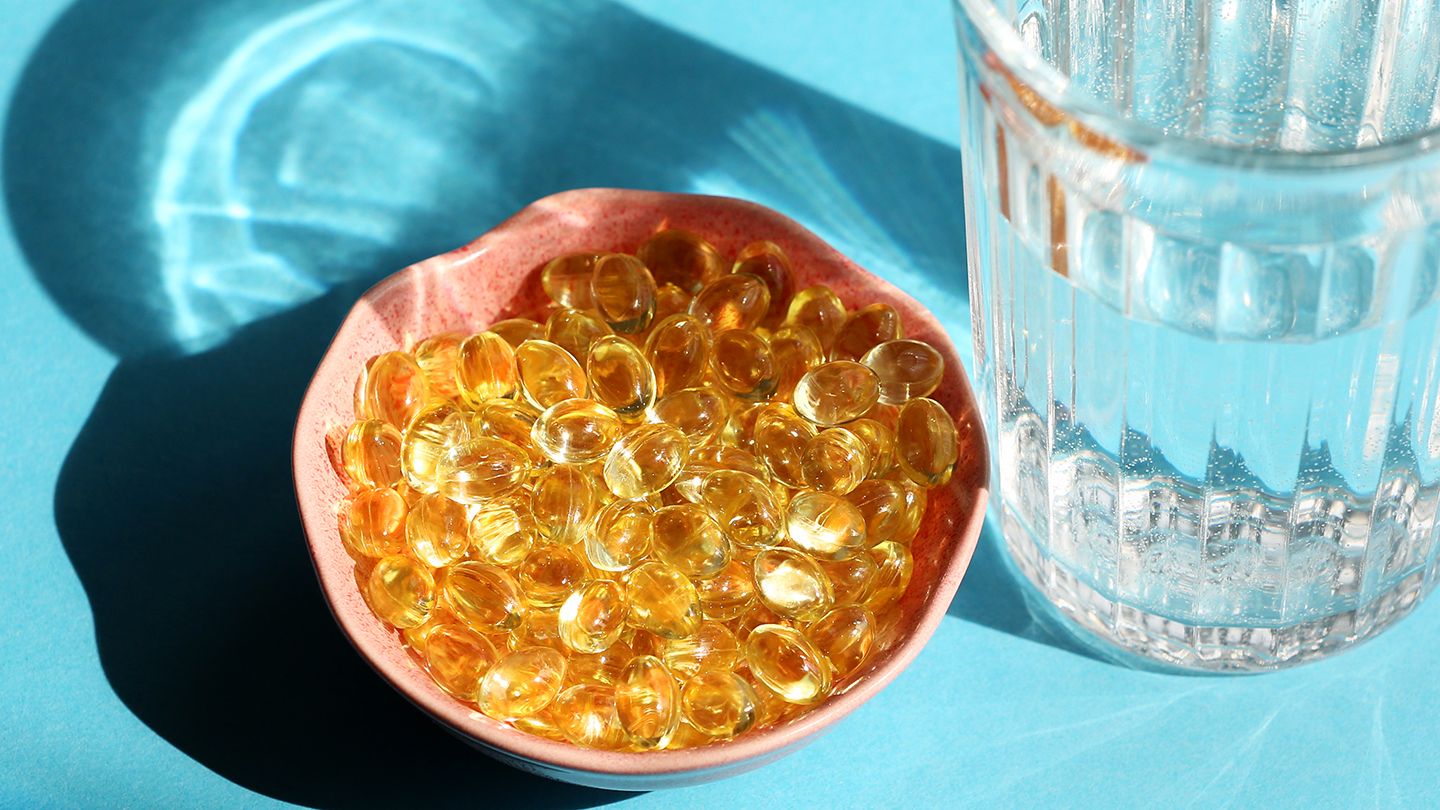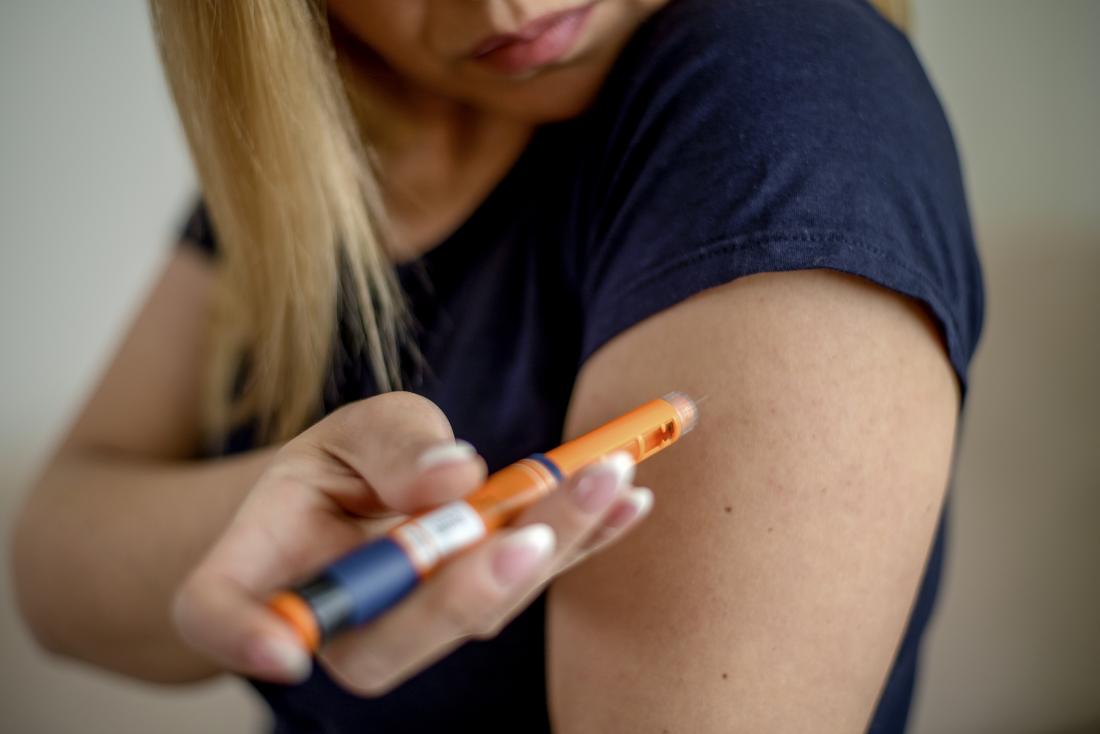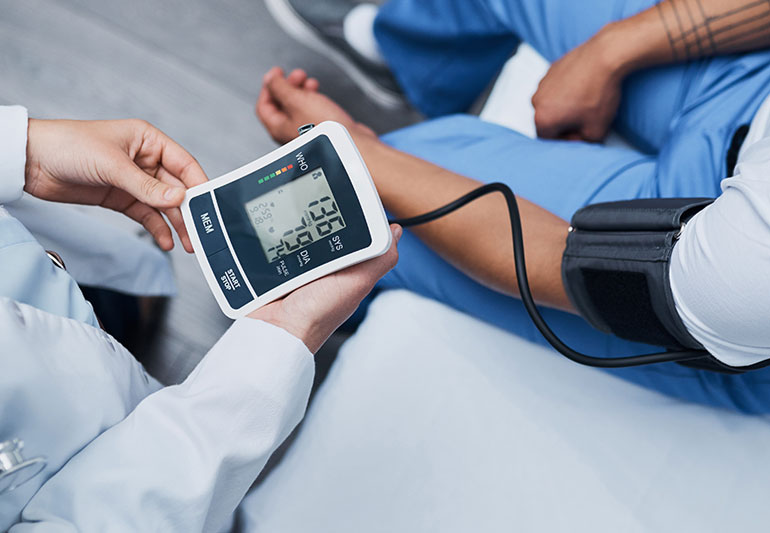Free Shipping on Orders over $149.00 T&C’s Apply. Use Coupon Code: FREEMOP
VITAMIN D- WHAT’S ALL THE HYPE ABOUT?
So why is it a big deal if I’m low in Vitamin D? The big one is Osteoporosis- weak bones and greater chance of bone fractures. I already have the major risk factor for osteoporosis – I’m FEMALE. But asides from Osteoporosis, which in its self is a big deal, a Vitamin D deficiency is also linked with
several cancers especially colon/bowel cancer
Diabetes
Multiple Sclerosis
Heart Disease
Muscle pain- like cramping
Rickets in kids (soft bones)
Mental health issues
Decreases in immunity
The list goes on from here.
There are several other conditions/factors that can actually increase your body’s requirement for Vitamin D, a few of them include:
Pregnancy & Breastfeeding
Alcohol…
Multiple sclerosis
Intestinal disorders eg. Chron’s Disease
Low sun exposure- office workers, night shift workers etc
Steroid medication
Dark skin
Cancer
Insulin dependent diabetes.
obesity
So what can we do to increase our Vitamin D levels? Well the first one would be to try to increase sun exposure. Not too much though, melanoma is a major issue in Oz. The best time to get sun is before 11am and after 3pm. To get enough sun your hands, arms and face need to be exposed for about 20 minutes each day, without sunscreen… So it really needs to be outside the harsh time of day for the sun. Some foods contain Vitamin D, like tuna, milk, egg yolks, sprouted seeds, however food alone would not be enough to maintain adequate levels of Vitamin D. There are also STACKS of vitamin D supplements out there. I have 3 favourite of all the ones I have come across:
The Thompson’s Vitamin D Capsules http://www.mailorderpharmacy.com.au/thompson-s-vitamin-d3.html Why do I like these ones so much? They are tiny. Vitamin D capsules are usually not very big but these ones are really small. So these ones are great if you don’t really like taking tablets, or if you are taking a whole heap of medications/supplements and you just can’t take another big one.
Eagle Vitamin D Capsules http://www.mailorderpharmacy.com.au/eagle-vitamin-d3-1000iu-240-capsules.html I like these ones for the same reason as above. I also really like Eagle products. They are an Australian Brand that put a lot of energy into researching their products rather than on advertising.
The Bioceuticals D3 Drops Forte http://www.mailorderpharmacy.com.au/bioceuticals-d3-drops-forte-20ml.html are another great vitamin D product. What’s so great about this one? Well firstly I also like the Bioceuticals brand but secondly, it’s a drop, not a tablet. You can drop it into a glass of water or on to the back of your hand or where ever you like. Each drop has 1000IU (international units) of the stuff you need- which is the recommended dose of vitamin D, unless you are diagnosed as being low in D, in which case your Doctor might recommend taking 2000 IU’s.
I’ve been taking a supplement with 1000IU’s Vitamin D for about 6 months now, for about the first month I took 2 capsules per day, my levels are back to normal. If you are going to exceed 1000IU per day double check with your Doctor or Pharmacist.
REDUCING YOUR RISK OF TYPE 2 DIABETES
Type 2 diabetes is a chronic condition that affects how your body uses glucose, or sugar, for energy. If you’re at risk for type 2 diabetes, there are several things you can do to reduce your risk and prevent or delay the onset of the condition. Here are some tips to help reduce your risk of type 2 diabetes:
- Maintain a healthy weight: Excess weight, particularly around the abdomen, is a significant risk factor for type 2 diabetes. Losing weight, even just a few pounds, can help reduce your risk.
- Eat a healthy diet: Focus on eating a diet that is high in whole grains, fruits, vegetables, and lean protein. Limit your intake of processed foods, sugary beverages, and saturated and trans fats.
- Exercise regularly: Regular physical activity can help lower blood sugar levels and improve insulin sensitivity, which can reduce your risk of type 2 diabetes. Aim for at least 30 minutes of moderate-intensity exercise most days of the week.
- Quit smoking: Smoking increases your risk of many health problems, including type 2 diabetes. If you smoke, quitting is one of the best things you can do to improve your health.
- Get enough sleep: Sleep deprivation and poor sleep quality have been linked to an increased risk of type 2 diabetes. Aim for seven to eight hours of sleep each night.
- Manage stress: Chronic stress can contribute to insulin resistance and increase your risk of type 2 diabetes. Find healthy ways to manage stress, such as meditation, deep breathing, or yoga.
- Get regular check-ups: Regular check-ups with your doctor can help identify and manage risk factors for type 2 diabetes, such as high blood pressure and high cholesterol.
Remember, these lifestyle changes can not only help reduce your risk of type 2 diabetes but also improve your overall health and wellbeing.
7 Things to Include in a Diet for High Blood Pressure
If you have high blood pressure, it’s important to follow a healthy diet to help manage your condition. Here are some things to include in your diet for high blood pressure:
- Whole grains: Whole grains are an excellent source of fiber and nutrients, and they can help lower blood pressure. Choose whole wheat bread, brown rice, oatmeal, and whole grain pasta.
- Fruits and vegetables: These foods are high in potassium, which helps balance out the effects of sodium on blood pressure. Aim for a variety of colorful fruits and vegetables, including leafy greens, berries, citrus fruits, and cruciferous vegetables like broccoli and cauliflower.
- Lean protein: Choose lean sources of protein, such as chicken, fish, beans, and legumes. Avoid processed meats, which can be high in sodium.
- Low-fat dairy: Dairy products are a good source of calcium and vitamin D, which are important for maintaining healthy blood pressure. Choose low-fat or fat-free options to keep saturated fat and calories in check.
- Nuts and seeds: These are a good source of healthy fats, protein, and fiber. Choose unsalted varieties to keep sodium intake in check.
- Herbs and spices: Use herbs and spices to flavor your food instead of salt, which can raise blood pressure. Try garlic, ginger, basil, rosemary, and oregano.
- Water: Staying hydrated is important for maintaining healthy blood pressure. Aim for at least eight glasses of water per day.
Remember, while making these dietary changes can help lower blood pressure, it’s important to also talk to your doctor about other lifestyle changes and medications that may be necessary to manage your conditio




